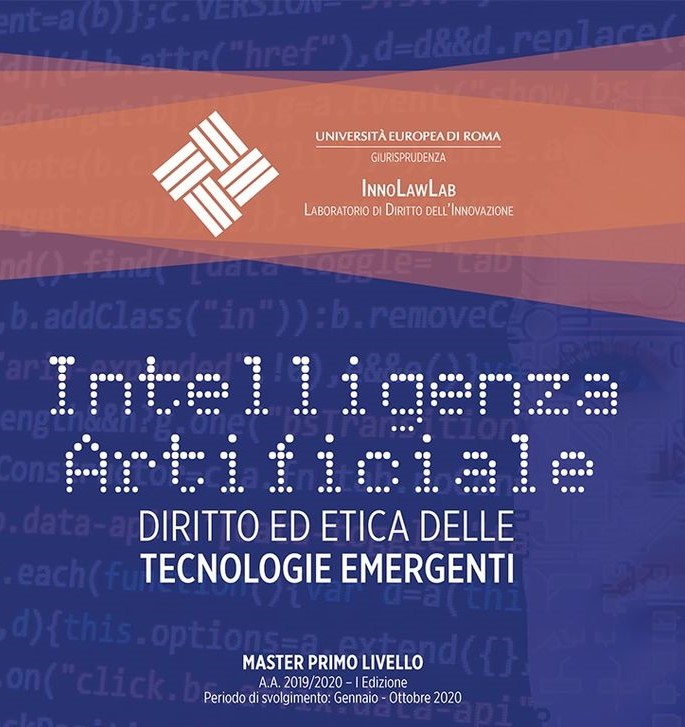Web Radio: Interview with Avv. Marco Scialdone

On 2 December, the topic of AI and new technologies was addressed in Iuslaw Web Radio and, in this regard, Avv. Marco Scialdone – one of the coordinators of the MASTER IN ARTIFICIAL INTELLIGENCE, LAW AND ETHICS OF EMERGING TECHNOLOGIES – was interviewed by Avv. Angelo Marzo.
Among the topics discussed was the recent modification of Google’s policies on #User targeting for political purposes.
Google, in fact, has announced that this option – banned in the United Kingdom as early as December 2019 – will no longer be allowed even in EU countries as of January 2020.
In particular, the limitation of the aforementioned option in the event that it has political purposes as its object – adds the lawyer Marco Scialdone – allows you to avoid the radicalization of #consensopolitical through the exploitation and exploitation of user data collected during their browsing experience.
In fact, targeting – as the name itself suggests – allows first to select the public of interest (therefore the target) and, subsequently, to disseminate targeted political messages in variable ways according to age, gender, sex, interests expressed by the user as well as the opinions expressed, in such a way as to #customize the message addressed to the user according to the behavior assumed by him online (so-called #Microtargeting).
In this context, the use of new technologies assumes a decisive importance also given the need to ensure the protection of users’ personal data.
These issues will be discussed during the MASTER IN ARTIFICIAL INTELLIGENCE, LAW AND ETHICS OF EMERGING TECHNOLOGIES at the European University of Rome.
